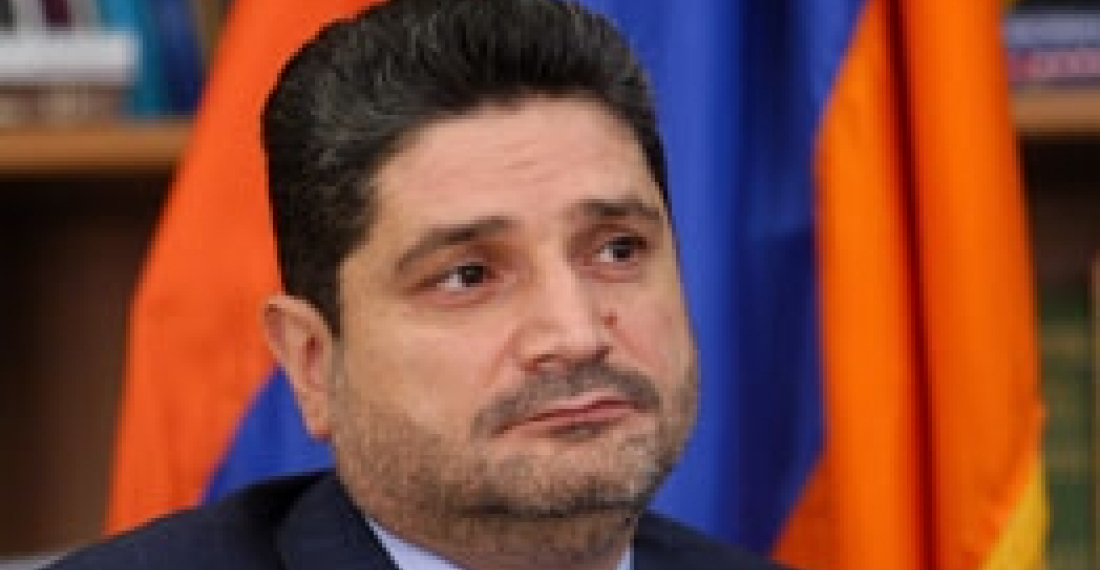Prime Minister of Armenia Tigran Sargsyan agreed when replying to Arminfo correspondent's question that in resolving of the housing problems the government gives priority to the families which had suffered from the Spitak earthquake but not the refugees from Azerbaijan. Saying the housing problem in Armenia is complex, nevertheless the premier added: "The funds we own were allocated from the budget to resolve the problems of the families which suffered from the earthquake. There are 7 thousand such families. We shall end the construction works this and next year. This will allow us to direct more funds to resolving of refugees' problems". Grounding the given decision Sargsyan said that the social problem of the people in the earthquake zone is worse than that of the refugees.
"As their social state is more vulnerable. If our refugees have temporary shelter, there are families in the earthquake zone which don't have even a roof above their heads. As for the refugees, we were allocating funds from the state budget till the year before last, but we simply had no financial capacities because of the crisis. That is why we apply to donor organizations for help", - the premier said and added that the government is allocating "some" funds if possible.
"Our problem is that there are 7 thousand families in the earthquake zone which need house. This aggravates the general budgetary situation and the financial potential of the government", he said and added the Armenian government needs about $250 million to resolve the housing problem of 7 thsd families in the earthquake zone, and $45 mln - to resolve housing problem of refugees.
"We shall stage by stage resolve the problem of the socially vulnerable layers of population, which need house", - the premier emphasized.
He also said that the funds which the government receives from the European Union are directed to the direct budgetary financing.
"Naturally, a part of these funds is also directed to resolving of the key problems of refugees. The European Union shows as much aid to Armenia as it can. These are significant funds which provide the balance of our budget. If our budget is balanced, in that case we have an opportunity to direct certain funds to the social programmes, including settlement of the problems of the poor layers and the people which need house", - Sargsyan concluded.
To note, in Armenia there are 1,5 thousand families of refugees from Azerbaijan which are badly in need of house.
The International Forum dedicated to the housing problem of Armenian refugees from Azerbaijan is held in Yerevan. UN High Commissioner for Refugees and Prime Minister of Armenia have delivered a speech at the forum. Armenian President Serzh Sargsyan's letter was read at the forum, in which he applied to donor organizations to show aid to the Armenian government to resolve the housing problem of refugees.
PM:
PM:







